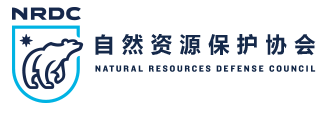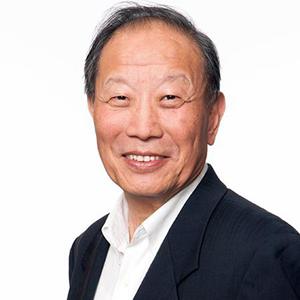下周,国务院总理温家宝就将与其他135个国家的首脑一同出席总计50000人参与的联合国“里约+20”地球峰会。二十年前的1992,第一届地球峰会见证了《联合国气候变化框架公约》等国际公约的签署。对于当时的中国,会议也象征着政府和全社会对环境问题认识的转折点。而今,二十年后的重聚更是万众瞩目,我们必须抓住这次难得的机遇,将多项环境问题的解决向前推进,特别是气候变化问题这一燃眉之急。面对以往围绕这一问题的纷纷扰扰,我们期待温总理能够高瞻远瞩,发挥高超的政治智慧,将全部精力集中在核心问题上,那就是:行动!
联合国秘书长潘基文表示本次地球峰会将是“联合国历史上最盛大而最重要的会议”之一。过去的一年多,美国自然资源保护委员会(NRDC)始终积极呼吁:本次峰会的主要产出,必须是切实的行动和真实的结果。冗长的文件和空洞的承诺本身,对于问题的解决毫无裨益。我们必须加快可再生能源的应用;为取消化石能源补贴做出严肃的承诺;吸引投资,加强可再生能源和电网的一体化。中国即将进入有史以来最具雄心的五年计划的第一年,里约+20峰会恰逢此时召开,必将帮助中国看清可持续发展道路前方的障碍,并汲取成功的经验。中国更应借此机会,再次向国际社会高调展示实现到2015年降低碳强度、能源强度等目标的决心。6月1日,中国国务院发布的《可持续发展国家报告》回顾了中国过去20年来的发展足迹。而展望未来五年,中国应将重点放在实践已经做出的承诺。NRDC认为,以下几项行动是这个万里长征最开始的关键几步:
• 为电网公司和当地政府设定可再生能源配额
以此确保中国实现在2020年之前将非化石燃料的能源消耗比重增加到占一次性能源消耗15%的目标。
• 加强可再生能源和电网的一体化
中国应改善对可再生能源整合的规划,为风能和太阳能建立可行的电网并联标准,并发展能源储存和天然气调峰电厂以便于提高可再生能源并网比例。
• 提高城市合理分布的可再生能源部署的融资机制和政策
除发展太阳能光伏发电这些工程规模的应用设施,中国还应该加倍努力发展布局合理的城市屋顶太阳能光伏设施,应制定合理的激励机制并鼓励对创新性融资模式的推广。
• 改进电网公司节能绩效的测量和目标实施情况验证
为了成功推行全国《电力需求侧管理(DSM)办法》,必须实施透明有效的测量和验证措施,来评估电网公司在提高能效方面的努力成效如何。
• 逐步淘汰高污染柴油燃料在车辆中的使用
中国的柴油问题可以按参考其他国家的经验进行处理,首先集中于生产更清洁的柴油燃料。通过实施更严格的标准,降低柴油燃料中硫含量,并配合一定的激励机制,中国可以遏制柴油车辆的增加对于环境和健康的影响。
与会各国都在进行着峰会前最后的紧张筹备;全球社会与环境的福祉,系于我们手中。中国二十余家企业和多家非政府组织整装待发,准备在这场全球的集聚中,为推动实际行动而努力。这不仅限于中国,世界各地针对峰会的各类倡议和行动也进行得如火如荼。
温总理以及各国领导人必将在全世界的瞩目下为推出将带来深刻变革的长远计划而努力。为了共同对抗气候变化与推广清洁能源,他一定可以,更应当坚定重申中国抗击气候变化的决心和具体目标,以上述切实有效的政策来推动清洁能源的发展。
(NRDC中美气候政策项目协调员Michael Davidson对本文亦有贡献。)


